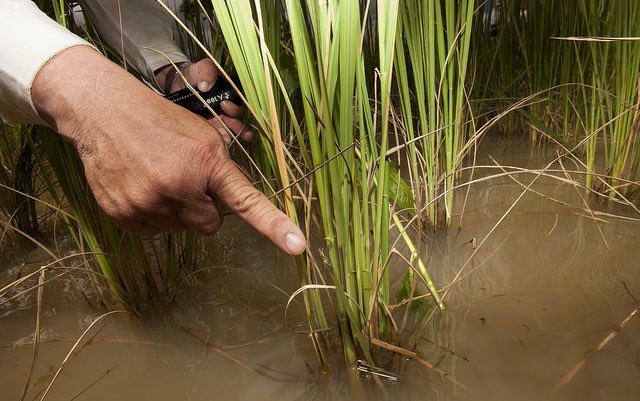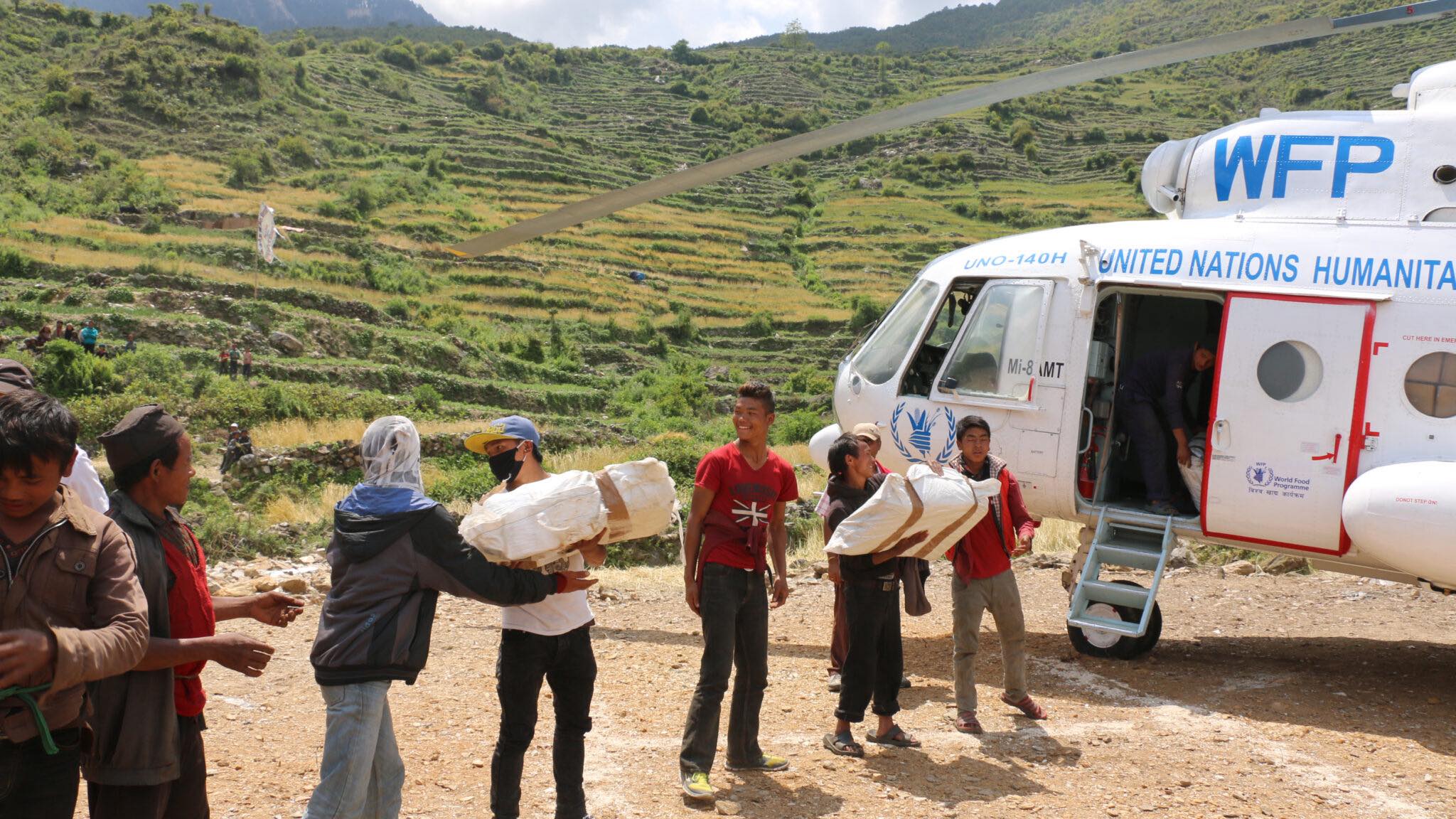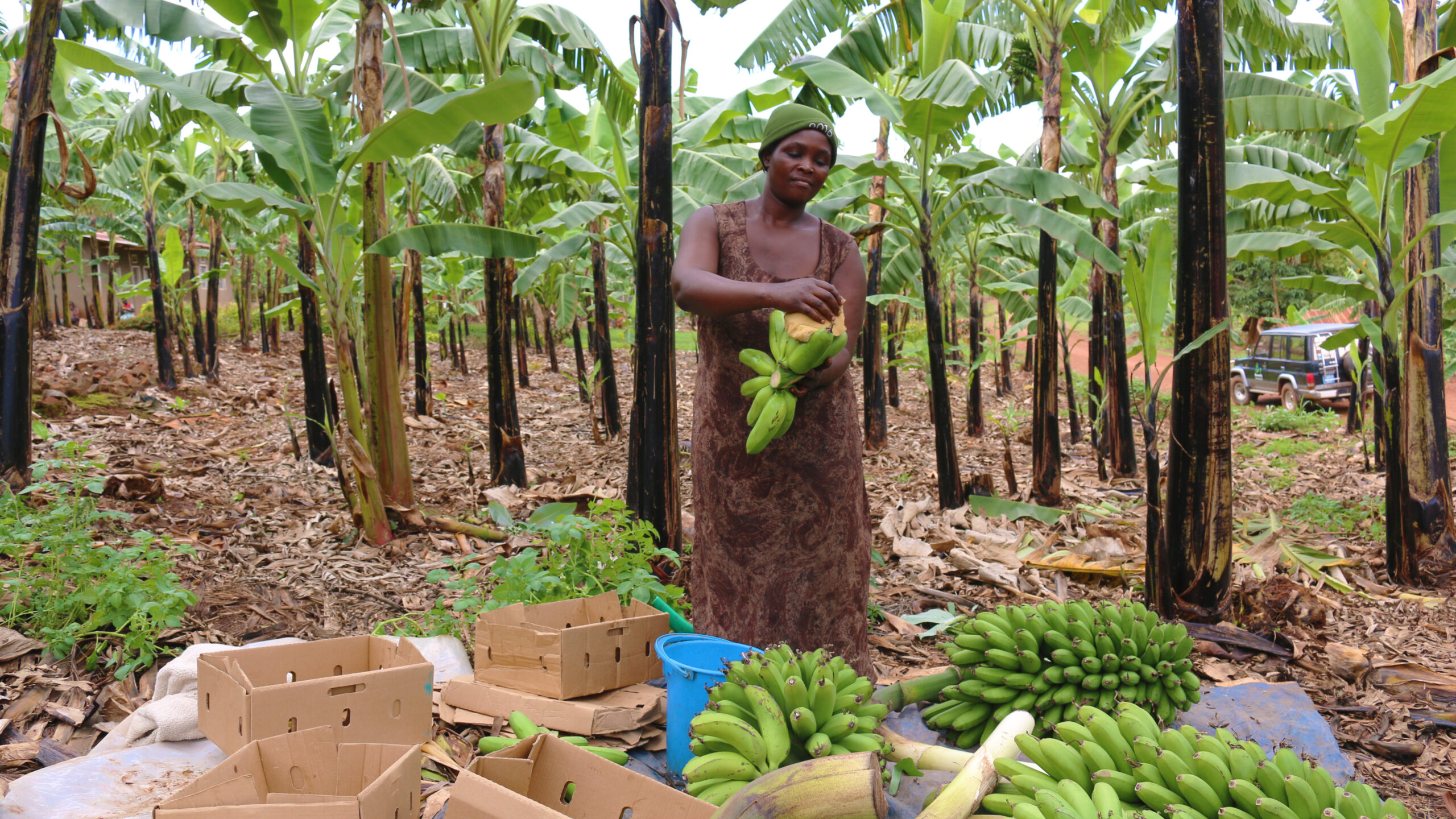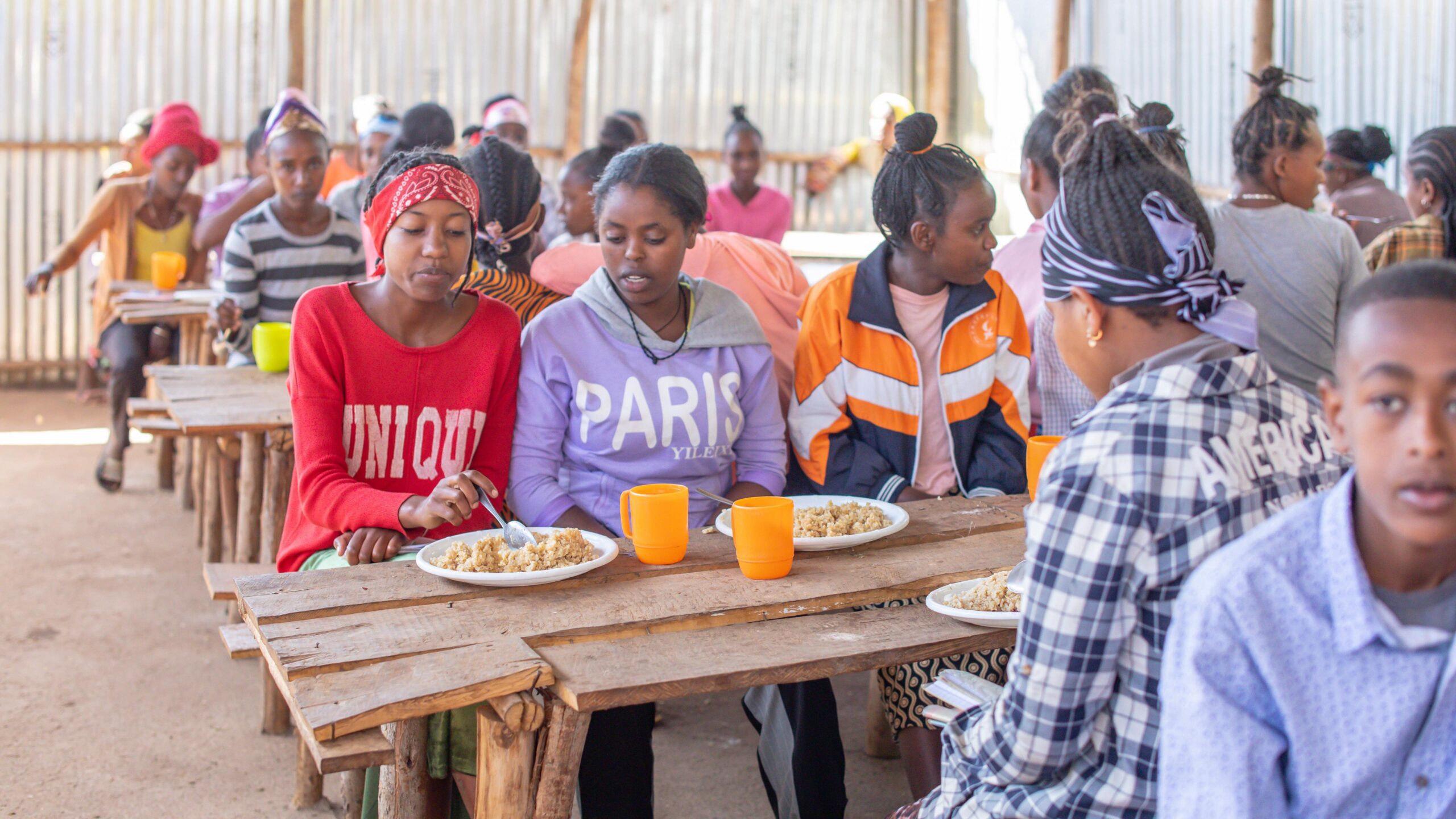Some historians believe the maxim “what gets measured gets managed” dates all the way back to the 1500s. So for at least 500 years, humans have realized that tracking and counting help us achieve what we’ve set out to do. And the world has recently set out to make some big achievements—the most ambitious in its history.
By agreeing on the UN Sustainable Development Goals (SDGs), the world now has a range of targets for improving human well-being by 2030. While we reach for these goals, we have a chance to integrate something that provides the foundation of sustainability: The contributions of nature to human well-being.
The 17 SDGs and their 169 targets globally represent a potential new means of evaluating and integrating nature into decision-making. For policy makers to embrace a development approach in which the environment (i.e. natural capital) is managed to achieve multiple objectives, there must be a sound understanding of how the services provided by nature can contribute to actual SDG targets. Yet, practical strategies for achieving these aims in unison—particularly how ecosystems can be both protected and managed to support human well-being objectives—are not specified. This presents important and urgent research questions.
While we might not be able to fully answer these questions yet, there is a significant body of research showing that ecosystems can benefit many dimensions of human well-being. Ecosystem services—the benefits humans can gain from properly functioning ecosystems—range from the provision of food and water to control of diseases to crop pollination.
In a recently published paper, we set out to summarize existing knowledge on ecosystem contribution to conservation and development targets in the SDGs. Using a global survey, we asked ecosystem service and development experts: Where can ecosystem services make important contributions to specific SDG targets?
Over 230 experts responded to our survey helping us to identify, for 16 ecosystems services, where there is significant scientific knowledge and consensus around how they contribute to sustainable development. The responses also highlighted where our understanding of the links between nature and people is still unclear and where additional research effort is needed.
There is a strong consensus across expert responses for the existence and importance of 178 pathways through which ecosystem services could support 41 SDG targets, spread across 12 SDG goals. The most frequently cited services (and most well-evaluated) were food provision, water provision, carbon sequestration, and the maintenance of habitat and biodiversity. These services were also judged by respondents to contribute to the most number of targets and account for 46 percent of the 178 pathways.
In addition to these four key ecosystem services, experts identified pathways between each of the 16 services and at least one SDG target. Most ecosystem services were thought to contribute to more than three targets spread across separate SDG goals. This suggests that there is a BIG role to play for nature and its services in meeting SDG targets, and not just the two focused on ecosystem protection (SDG 14, “Life Below Water” and SDG 15, “Life on Land”).
Metrics that quantify ecosystem service contribution terms that resonate directly with the SDGs (e.g., number of people affected, change in malnutrition rates, or land area recovered) are still missing. However, there is significant and rapid progress on defining several (e.g., crop production can be translated into the number of people potentially fed by year).
Many modelling tools already exist to help decision-makers assess, map and quantify flows of ecosystem services across landscapes in biophysical units (cubic meters of water, tons of carbon, pollution loading). There is capacity in existing tools to assess ecosystem services and potential trade-offs. This may help decision-makers better manage ecosystem services to plan SDG actions and interventions, their synergies, and trade-offs.
For example, interventions that increase food provision often result in reduced water supply. And models can help identify optimal interventions to maintain both services and thus help continue progress towards cross-sector goals. We found more than 20 models that could estimate changes in multiple ecosystem services at landscape or national levels. While no one model could evaluate trade-offs between all pairs of services, many models have the capacity to assess the four key ecosystem services identified in our survey, as well as many more.
But in both the survey and review of the models we also found that there was a strong bias in the types of services experts chose to evaluate, where pathways that were identified, and where modelling capacity exists. Each of these were centered around our four key services: Food provision, water provision, carbon sequestration, and habitat maintenance.
The role of other, less well-evaluated services should not be discounted, and rather should be the focus of new research and model development to understand their contribution to the multiple dimensions of human well-being captured in the SDGs.
Indeed, what gets measured gets managed. By distilling expert perceptions and identifying tools, we hope to help chart a path forward for the considerations of ecosystem services and management into local and national development policy plans.
Sylvia Wood is a Postdoctoral Fellow with Bioversity International’s Bridging Agriculture and Conservation Initiative. Sarah Jones is a Research Assistant with Bioversity and the CGIAR Research Program on Water, Land and Ecosystems (CGIAR-WLE). Fabrice DeClerck leads Bioversity’s Agrobiodiversity and Ecosystem Services Program. Wei Zhang is a Research Fellow in IFPRI’s Environment and Production Technology Division. This post first appeared on the WLE Thrive Blog.







